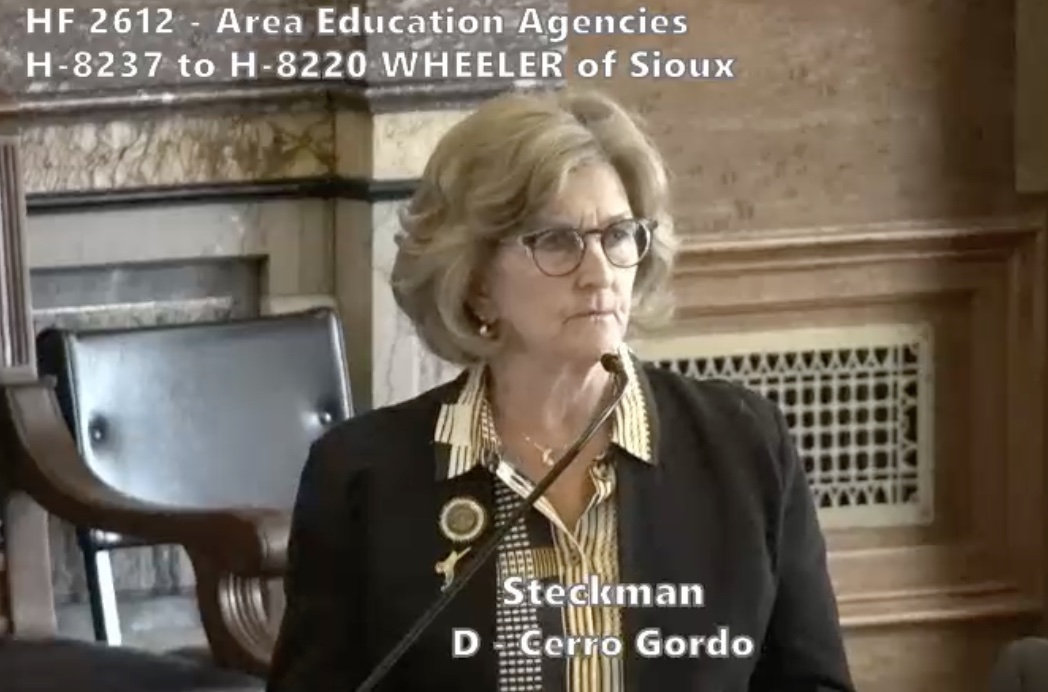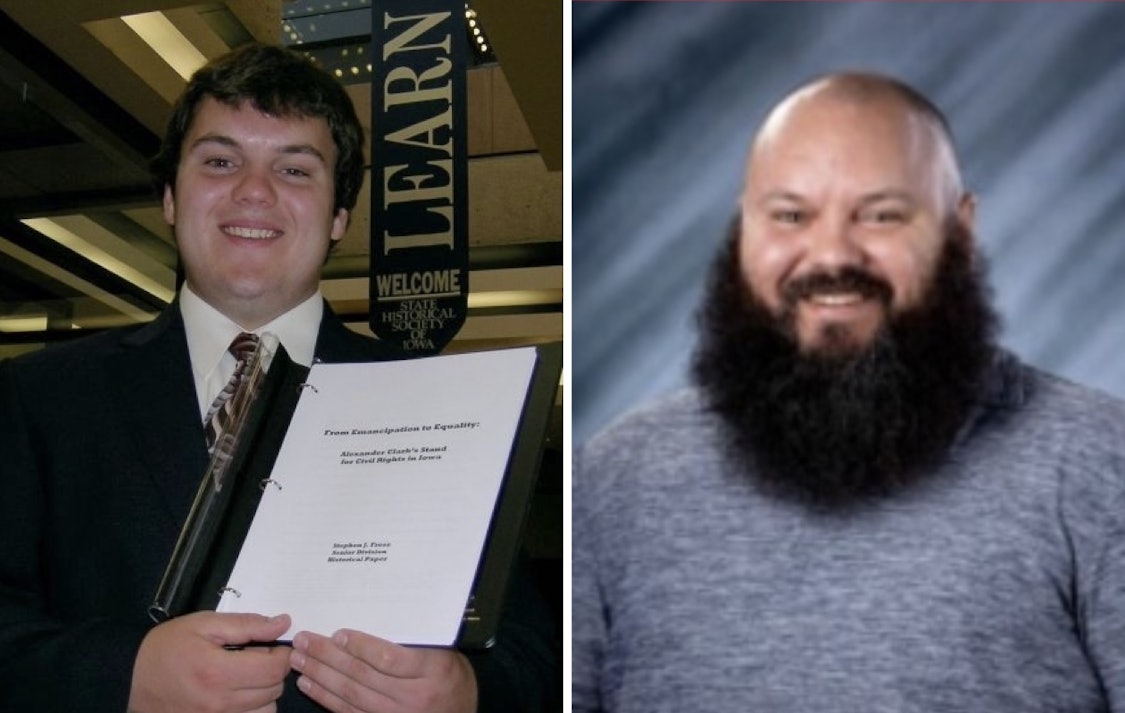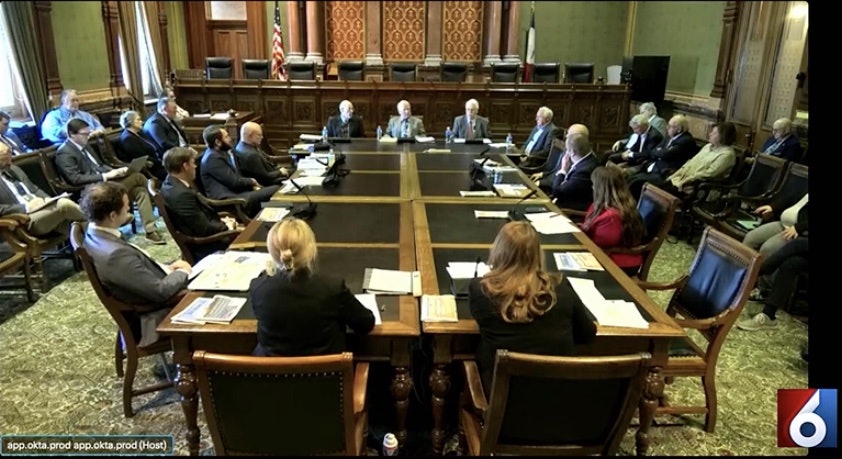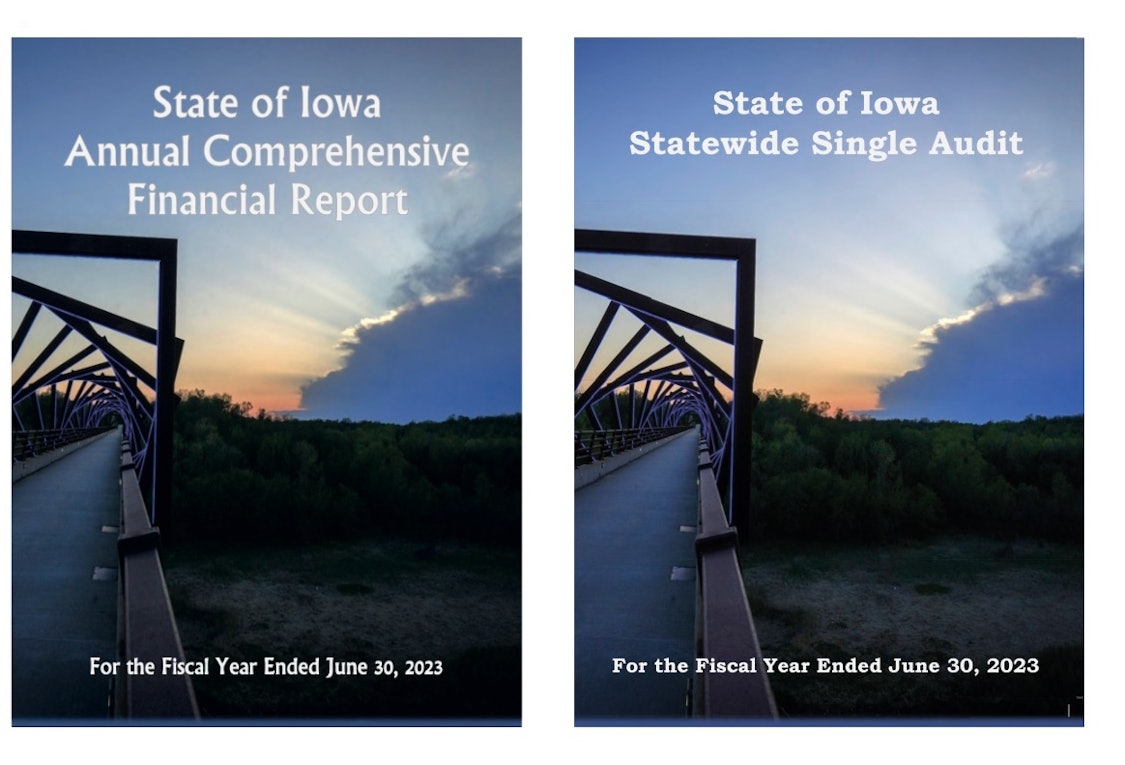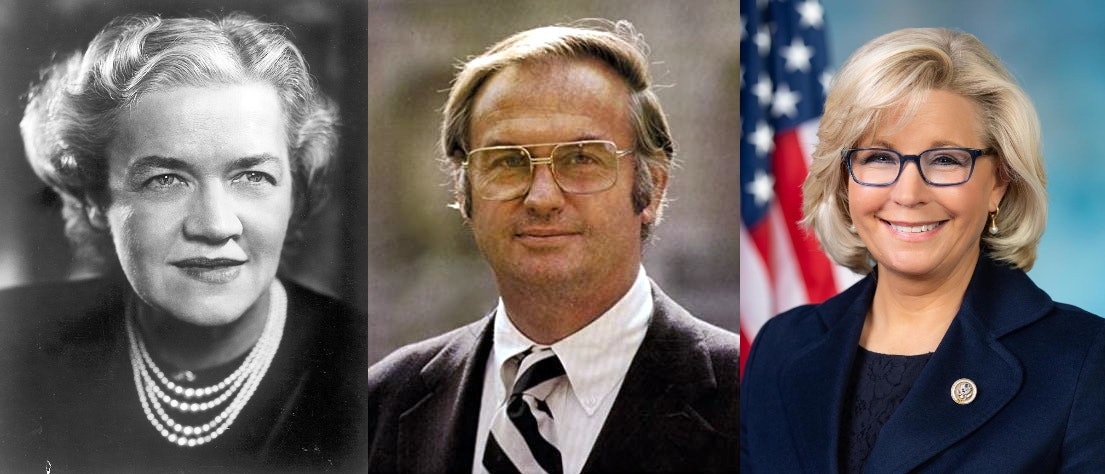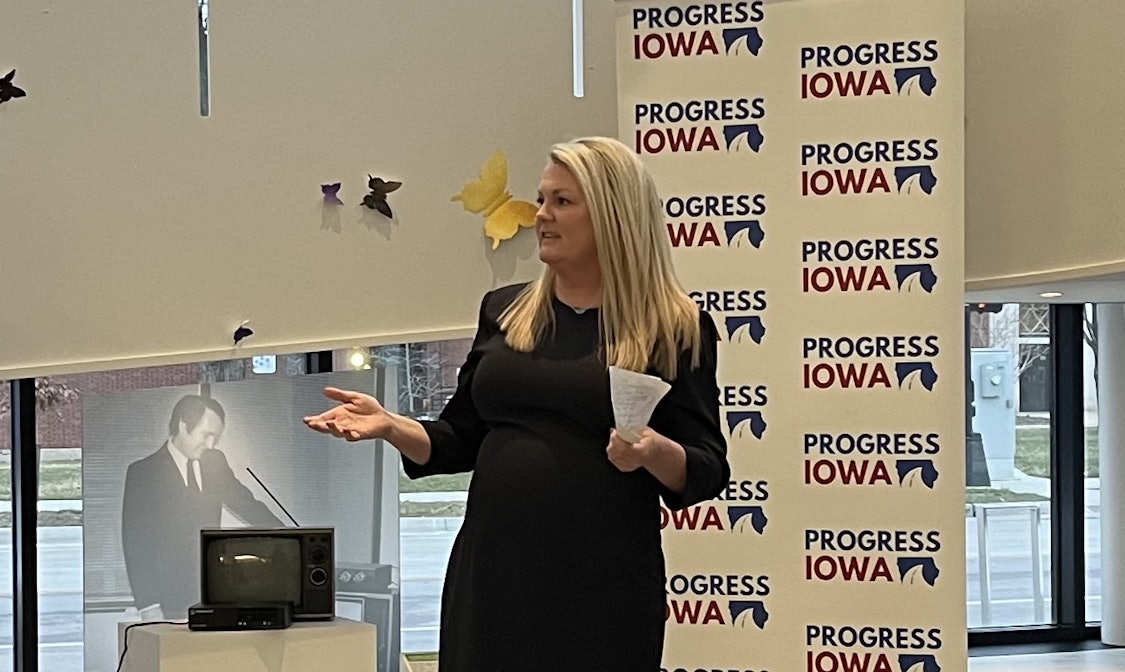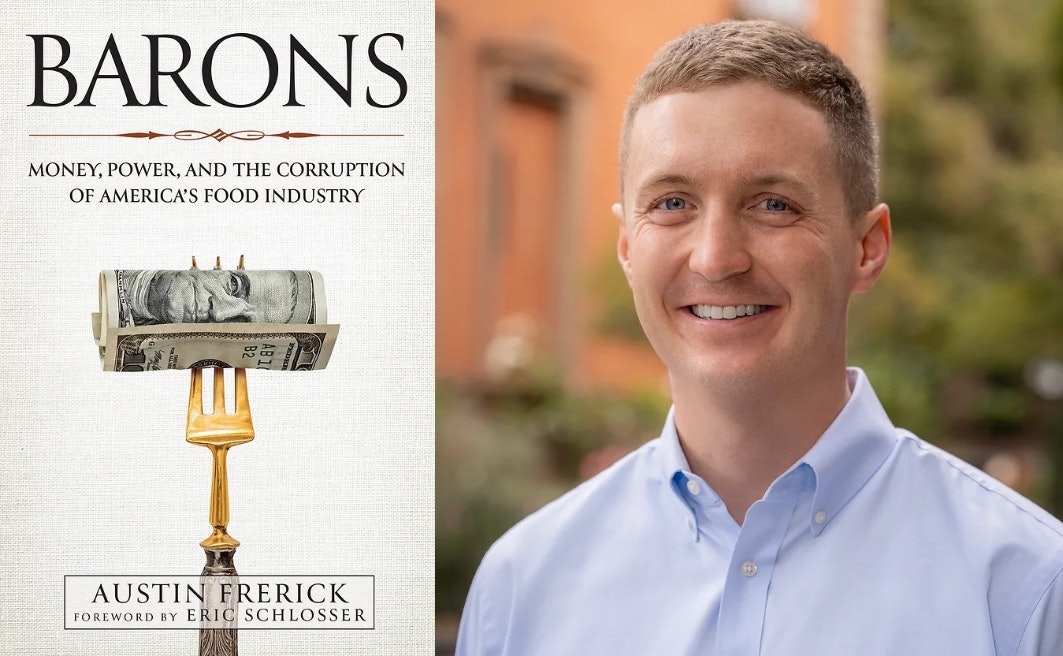
Photos by Bruce Lear, published with permission
Bruce Lear lives in Sioux City and has been connected to Iowa’s public schools for 38 years. He taught for eleven years and represented educators as an Iowa State Education Association regional director for 27 years until retiring. He can be reached at BruceLear2419@gmail.com
There’s a learning curve for every change. How sharp the curve is depends on the speed of the change. The journey from Iowa snowbound to Florida snowbird was abrupt but welcome.
We bought a small place in the land of alligators and golf carts and headed South a day after the last January blizzard. Here are a few lessons from our snowbird education.
Continue Reading...

